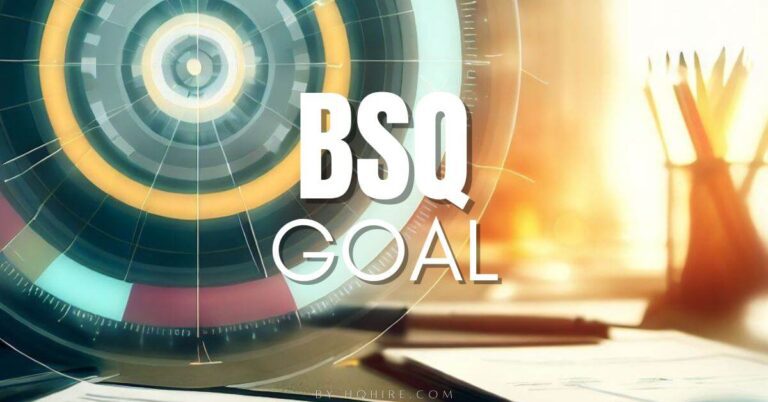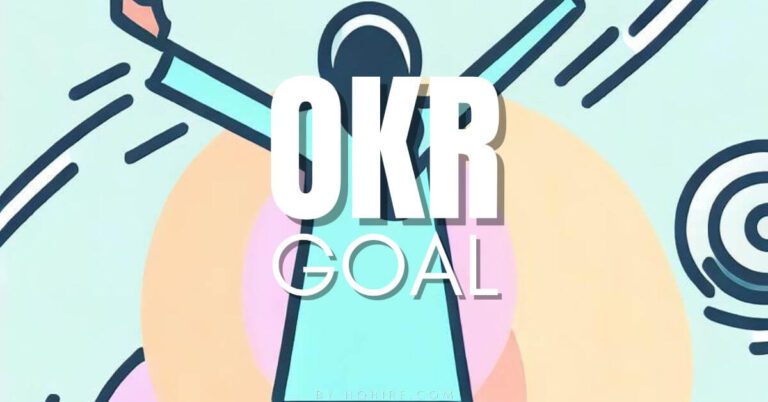Leadership is a complex, difficult, and expensive process in any organization.
There are many different leadership styles in the public sector, but in modern times one of the most popular styles of leadership is Democratic Leadership.
The United States is well known for its democratic leadership style, the ideals of being able to have a voice in your government make this leadership style unique.
What Is Your Leadership Style?

What is Democratic Leadership Style
Democratic leadership is a style of leadership that is based on the belief that all members of a given group should have equal say and voice. It emphasizes empowering members, enables people to take responsibility for themselves and their communities, and creates change in their lives, rather than relying on someone else to do the work for them.
Democratic leadership styles differ from authoritarian styles in that they promote democracy and equal participation within the group.
Democratic leaders empower individuals within their communities by listening to what they have to say, empowering them to speak up about what they need, and creating opportunities for them to act.
The word “democracy” comes from the ancient Greek word “demos,” meaning “people.”
Characteristics of Democratic Leadersship Style
Democratic leaders are often characterized by their strong commitment to democratic values. They lead through an open-minded and collaborative approach which allows for everyone to be given an equal opportunity to fully participate in the decision-making process. Democratic leaders tend to create a sense of community within the organization.
Democratic leaders have the following characteristics:
- Tolerant of opposing viewpoints. Democratic leaders listen to diverse points of view and create consensus.
- Collaborative. Democratic leaders are willing to collaborate even with people who have different views compared to them.
- Humble. Democratic leaders know about humility, they tend to be more conscientious about their actions and are less likely to abuse their power.
Advantages of Democratic Leadership
Democratic leadership is a form of leadership that allows the people to influence the decision-making process allowing the people to take ownership of each decision. Here are some advantages of the Decromatic leadership style.
More Room for Creativity
Democratic Leadership encourages opportunities for collaboration and creativity in order to achieve goals, as well as providing opportunities for individuals to be involved with decisions affecting them.
Democratic leaders provide an environment where everyone has an equal opportunity to contribute ideas and opinions on how things should be done.
This type of leadership encourages participation from all members of society giving a voice to those who may not have one otherwise. This is because they believe that every person can make a difference if given the chance.
Better Engagement
Democratic leadership is beneficial for the business and the employees because it leads to less stress and more satisfaction.
According to a study on leadership environments. Researchers found that democratic workplaces provide more feedback on both good and bad behaviors, promote less dominance by high-performing employees, and allow for better emotional support among colleagues.
A democratic environment often resulted in lower stress levels, higher satisfaction levels, and higher performance among employees at all skill levels.
Easier decision making
Democratic leadership style reduces time spent on decision-making processes because there are more people engaged in the discussion.
Decision made with the consensus of all participants is less likely to be flawed than a single person making decisions alone, and it also increases the likelihood that everyone will agree with the final outcome.
The downside? It can take longer for things to get done.
Disadvantages of Democratic Leadership
Like all leadership styles, the democratic leadership style has its own disadvantages. It can be difficult for leaders to lead in this style of setting because there are so many different opinions and people involved.
Slow Decision-Making Process
Democratic leaders have critical disadvantages when decisions are required to be made quickly or have to react quickly to changing conditions.
In these situations, democratic leaders need to get their teams involved as soon as possible so they can begin working together toward an agreed-upon solution.
This means that there may not always be time for all parties to fully understand what’s going on before a decision needs to be made.
Long decision-making process time becomes an even more pronounced problem in large organizations where many people must work together to make quick decisions.
Lack of Vision
Democratic leadership styles have lacks a clear direction for the team. In a democratic culture, communication is shared with everyone in the group which can include too many voices during any decision making.
Often discussion in a meeting led by a democratic leader will lead to confusion among teammates with unclear strategies.
Having too many voices create a lack of vision and clear communication of what needs to be done. Resulting in indecision on how to proceed or worse yet, no action at all.
Open to Manipulation
Democratic leadership style can be open to manipulation by special interest groups, as the decision is made by the majority. This led to the vulnerability where members of the group will vote to benefit their self-interest.
The problem with this system is that it does not allow for a minority opinion or dissenting view to prevail.
Autocratic versus Democratic Leadership Style
Autocratic leadership and democratic leadership are polar opposites leadership styles, but each can be successful in its own right. The autocrat relies on strict guidelines to dictate the expectations of those around them, whereas the democratic leader relies on free thought and self-expression to foster creativity and innovation.
| Democratic Leadership | Autocratic Leadership |
| Decision made depends on the group consensus | Full authority and control of decisions made |
| People focus | Task focus |
| Low degree of control | A high degree of control |
| High level of freedom to express an opinion | Little to no freedom to express an opinion |
| Effective when exploring best decisions made for the group | Effective when decisions have to be made immediately |
Although there are pros and cons for each type of leadership style, in many organizations, in more organizations, the benefits that come with a democratic style outweigh those of an autocratic leadership style.
Democratic leadership style allows the workers to share ideas and offer feedback during decision-making processes which helps to improve the organization for the long term.
When is Democratic Leadership Effective?
Democratic leadership is an effective style when used in a team-oriented environment where the goals of the organization are aligned with the goals of democratic leadership. Alignment of the goals and vision will determine the democratic leadership style effectiveness.
The term “democratic” emphasizes consensus-building, collaboration, transparency, participation, and empowerment.
Alignment of the goals and vision creates a positive collaboration of the group to work towards the goals will make democratic leadership an effective leadership style.
Otherwise, a democratic leadership style will lead to an ineffective team that is not able to achieve its objectives. This can be seen in many organizations where there are no clear goals or visions for the organization. The lack of clarity leads to confusion among employees who do not know what they should be doing.
Understanding how to adjust strategy on a case-by-case basis will also determine whether this style is more effective. Furthermore, understanding what organizational structure will work best for your organization will allow you to use this leadership style effectively.
Famous Democratic Leaders
The most important democratic leaders in history are people that have made a lasting impact on the world. A democratic leader is someone who strives for freedom and equality for all.
- George Washington
- Martin Luther King Jr.
- Bernie Sanders
- John Adams
- George Washington
- Thomas Jefferson
Join over 11,000+ achievers who are committed to achieving their career goals!






